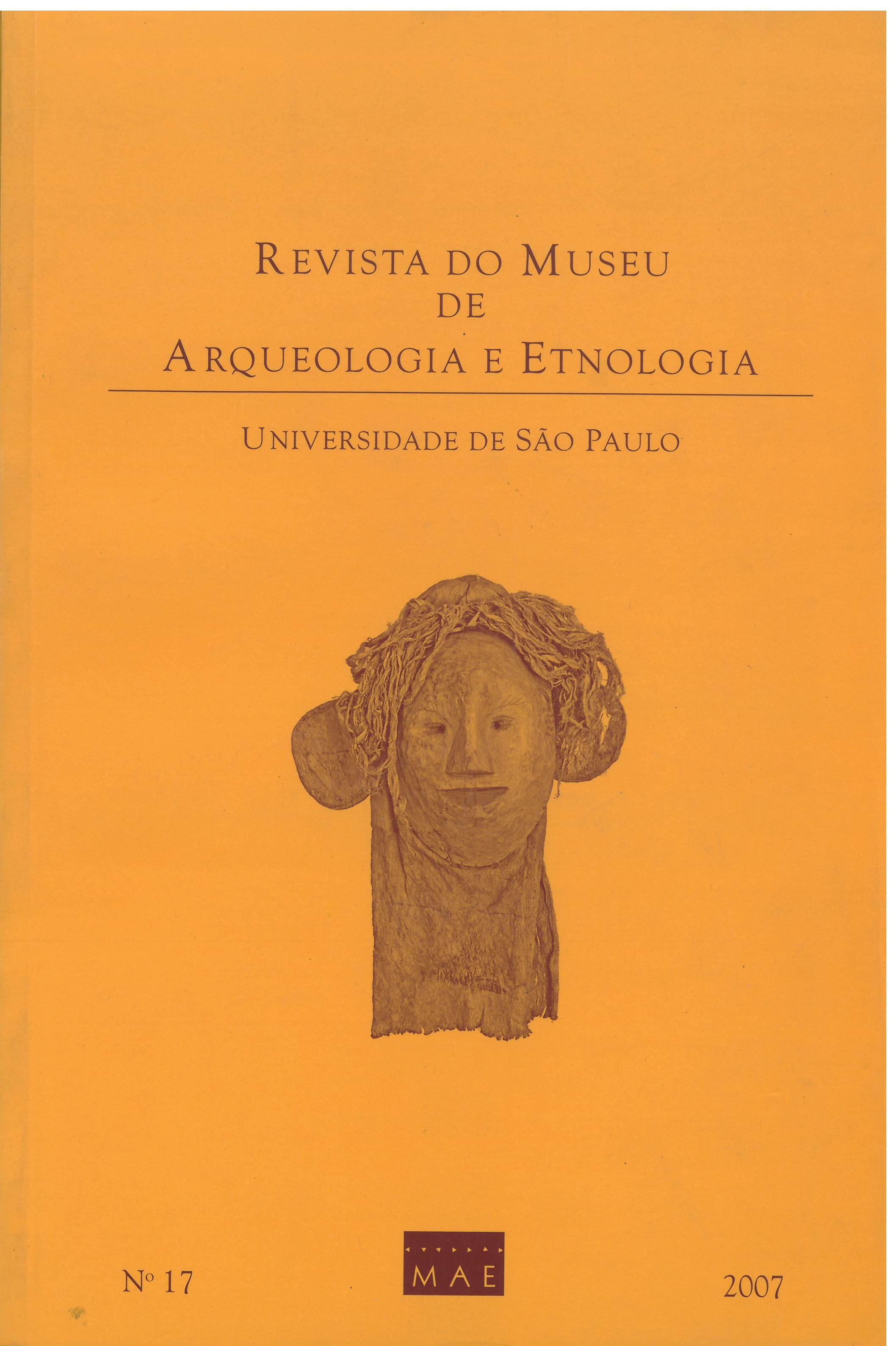A study of Regional Archaeology in the mid-course of the Tocantins river valley, TO, Brazil
DOI:
https://doi.org/10.11606/issn.2448-1750.revmae.2007.89757Keywords:
Regional Archaeology, Household Archaeology, Central Brazil, Hunter-gatherers, Ceramic-making agriculturalists, TocantinsAbstract
This article presents some of the results collected at the Água Fria basin, located in the middle Tocantins river valley, TO, Brazil. The main target is to identify the settlement systems set up by the social groups that have lived in the area since remote eras and how they have organized themselves in regional scale as well as into activity areas and household locations. Full coverage survey has located 38 different archaeological sites and, as a result, we have designed an interpretative framework for analyzing the patterns of use and organization of space of the several populations that lived in the area throughout the last 12.000 years – from hunter-gatherers to ceramic-making agriculturalists. Our conclusions contribute to the investigation of the route of ancient occupation of the central Brazilian Plateau and the studies about the emerging, development and the growing of sociopolitical complexity of the ceramic-making societies in the Central Brazil and the surrounding areas.Downloads
Download data is not yet available.
Downloads
Published
2007-12-03
Issue
Section
Articles
License
Copyright (c) 2007 Walter Fagundes Morales

This work is licensed under a Creative Commons Attribution-NonCommercial-NoDerivatives 4.0 International License.
How to Cite
MORALES, Walter Fagundes. A study of Regional Archaeology in the mid-course of the Tocantins river valley, TO, Brazil. Revista do Museu de Arqueologia e Etnologia, São Paulo, Brasil, n. 17, p. 69–97, 2007. DOI: 10.11606/issn.2448-1750.revmae.2007.89757. Disponível em: https://journals.usp.br/revmae/article/view/89757.. Acesso em: 10 jun. 2024.













